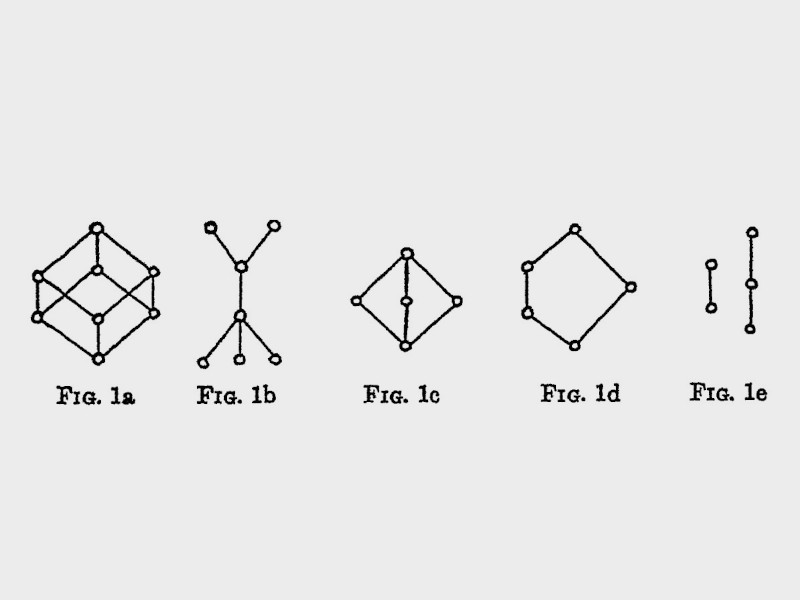
Research coordinator: Claudio Calosi
The use of formal methods is widespread in contemporary philosophy and science. Indeed, many core disciplines make heavy use of formal tools – tools borrowed from mathematics, broadly construed. Logic and natural sciences are obvious examples. But metaphysics, epistemology, the philosophy of science, social ontology, the philosophy of perception and value theory are other well-known illustrations. This research area aims at discussing the use of formal methods and their applications both in science and philosophy. Examples range from mereology to topology, from formal theories of location to determination, grounding and dependence to mention a few.

Research coordinator: Matteo Pasquinelli
The study of the automation of so-called human ‘intelligence’ is not separated from the formalisation and measurement of labour, language, knowledge, and social relations that often predate automation. Research in this area aims at writing a new history of AI as a history of the definitions and metrics of intelligence (in particular algorithmic models) in the context of the evolution of statistics, computer science, digital humanities, and the current AI models of AI. It also aims at building a comparative epistemology of AI that engages with the psychology of learning and development, the historical epistemology of science and technology, and the role of mental models, technical models, and models of the mind in the work of scientists, computer scientists, psychologists and educators.
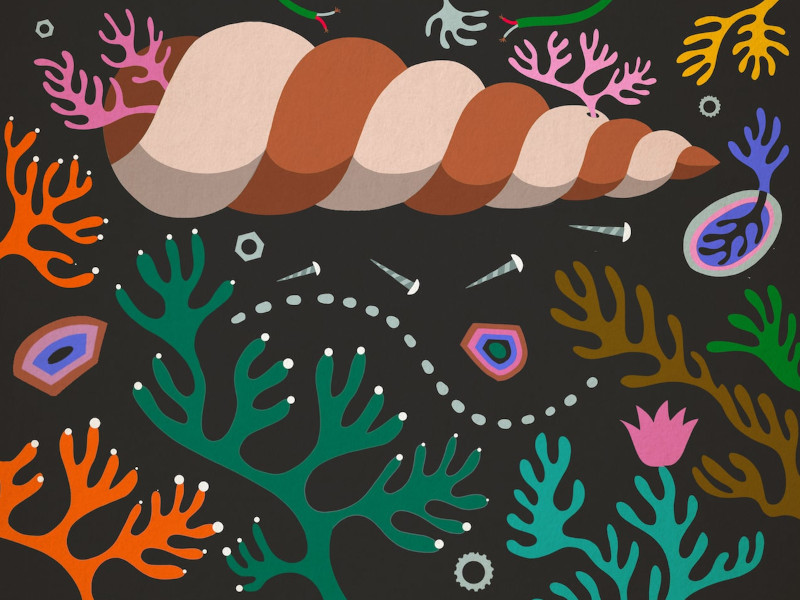
Research coordinator: Giulia Rispoli
This research area contributes to the study and evaluation of the historical, epistemological, and scientific foundations of the Anthropocene, a new geological epoch characterized by the global impact of human activities on the planet. In particular, it focuses on reconstructing the genealogies of two concepts – the "biosphere-geosphere" developed in Russia and Eastern Europe, and the "Earth system" of Western ascendancy – and how they help to reveal different ways in which our planet has been conceived and represented in the 20th century in relation to human influence, becoming an object of global politics. It also explores the multiple dimensions of global scientific cooperation on the biosphere and its entangled relations with policy-making in an international and transnational context.
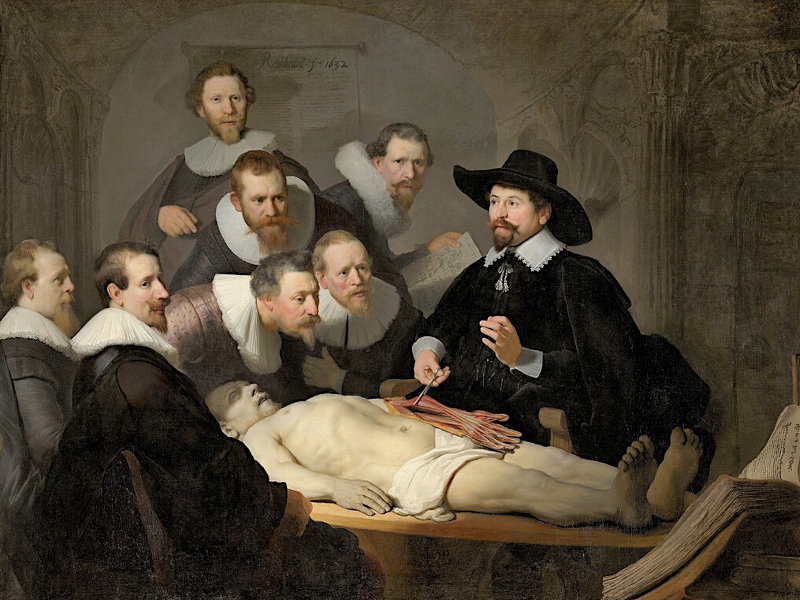
Research coordinator: Craig Martin
Both natural philosophy and medicine underwent significant changes in early modern Italy as the result of re-evaluations of ancient writings and considerations of historical writings that provided evidence for past natural disasters, meteorological conditions, and the character of disease. Research in this area focuses on epistemology, pedagogy, and observational practices, especially as applied to meteorology, the human body, and diseases.
Planned future research will cover the Renaissance tradition of Hippocratic Epidemics, the impact of Arabic writings on early modern medicine, early modern experiential techniques for developing matter theory, and ideals of progress in early modern medicine.

Research coordinator: Eleonora Montuschi
We send people to the moon, we teach our children that the earth is not flat, we happily submit to laser surgery on our eyes, and we invest heavily in studying the genetic structure of viruses. Clearly, we trust that much of what science teaches and offers is reliable, and so too are many of its predictions or technologies. What is it about science that makes it reliable? Answering this question does not only require an understanding of the epistemological and methodological protocols followed by science in producing its results, but also awareness of the contexts where these protocols are used, including their purposes, functions, and agents. In this research areas the question of the use, and uses, of science is addressed both from the point of view of the producers of scientific knowledge and from that of its social recipients. It also explores the diverse forms of expertise called into play in acquiring such knowledge.

Research coordinator: Roberta Raffaetà
This is a cluster area that includes a number of anthropological projects which critically investigate how science is undergoing transformations in relation to social change, ecological crisis and technological revolutions. Its research unit is hosted by NICHE.
This work lies at the intersection of medical anthropology, political ecology and science and technology studies. Key questions refer to what ‘living well’ means in its connection to social justice and in times of ecological transition, and how technoscience articulates it. The methods of inquiry are mainly anthropological, in strong alliance with other disciplines.

Research coordinator: Matteo Vagelli
Especially from the early 1980s on, a growing number of historians and philosophers of science have touted the concept of style as more flexible than method for conceiving the historicity and plurality of the ways of thinking, discovering, and experimenting that constitute the sciences. Talking in terms of styles invites closer attention to the historical, contextual, and sometimes even geographical aspects of the disparate ways of thinking and doing that constitute the sciences. This research area lies at the intersection between historical epistemology, the historiography of science and the history of philosophy of science. By unearthing overlooked sources and neglected European traditions, research in this area will also provide a theoretical foundation and epistemological framework for the growing appeals to style arising in various disciplines.
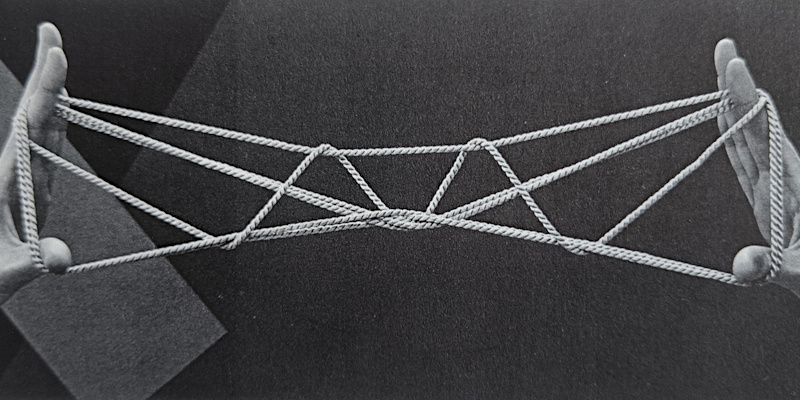
AI MODELS
The Culture of Algorithmic Models: Advancing the Historical Epistemology of Artificial Intelligence
This ERC Consolidator project aims at historicising AI by focusing on the theories and practices of modelling in natural and social science, linguistics and computer science, statistics and digital humanities. It looks at the emergence of the paradigm of AI not as a recent phenomenon but as related to practices of formalisation and measurement of labour, language, knowledge, and nature at large.
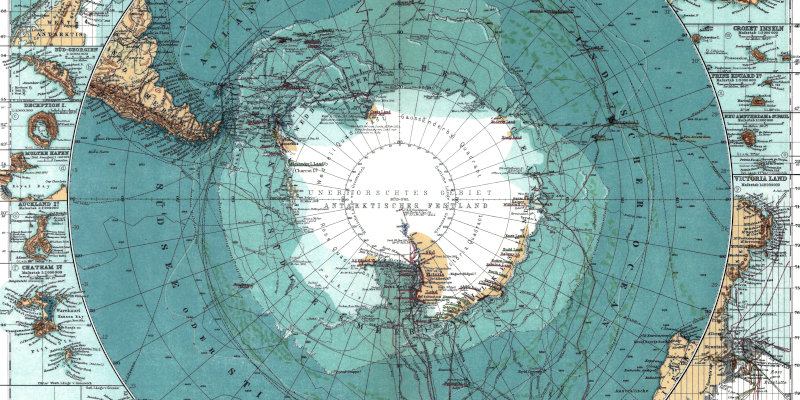
Antartic-Ome
Human microbiome transmission in the extreme confined built environment of Antarctica
MUR PNRA (Programma Nazionale di Ricerche in Antartide), 2024-2026
Partners: Trento University (leading), Tuscia University, Ca' Foscari University of Venice

DEED
Democratizing Energy, Energizing Democracy: A deliberative, participatory energy democracy for an inclusive ecological transition
This is a PRIN project, coordinated by University of Rome La Sapienza, dealing with the democratic management of energy transition. Ca’ Foscari unit of research focuses on international political theories on the use of energetic resources and on the issue of expertise and epistocracy applied to the case of energy transition.

Equivalence in Metaphysics
This project, funded by the Swiss National Foundation, deals with the application of tools developed by the literature on formal equivalence to different metaphysical issues such as e.g., theories of persistence, properties, theories and composition to mention a few. The application of such formal tools is also intended to shed new light on the notion of equivalence itself.

HealthXCross
Remaking Health in a Microbial Planet by Crossing Space, Time, Species and Epistemic Cultures
This ERC Starting project is a multi-sited, comparative ethnographic study of how technoscience is reconfiguring biomedicine and biology – and, in turn, social sciences and the same concept of ‘human’ – by connecting microbial data across time, space and species. The project includes a complementary side-project, "SHK_HealthXCross - Microbiome technoscience in Shanghai and Hong Kong in pandemic times. An anthropological study", funded by the MUR FARE (Framework per l'Attrazione e Rafforzamento delle Eccellenze in Italia).
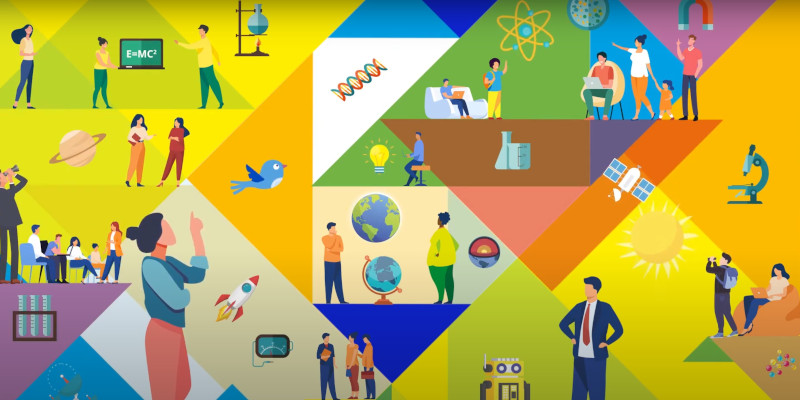
ISEED
Inclusive Science and European Democracies
This is an international research project funded by the European Union’s Horizon 2020 Research and Innovation Programme (2021-2024). Coordinated by Ca’ Foscari, it joins researchers from Italy, France, Poland, Norway, Denmark, Ireland, Spain, Bulgaria, Uruguay and the United Kingdom to learn lessons from citizen science engagement projects and to understand how to involve citizens in democratic practices of participation and deliberation.

EPISTYLE
Style Matters: Scientific Pluralism and its Early-Modern Sources
This MSCA Global project aims to provide a comprehensive theoretical and historical discussion of the concept of ‘style’, in order to excavate the notion’s epistemological implications for current debates about scientific pluralism. EPISTYLE aims to provide a systematic analysis of contemporary theories of scientific styles, construct a conceptual history of key modern and early-modern moments shaping the evolution of the notion of style.